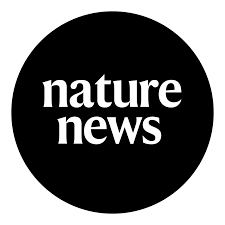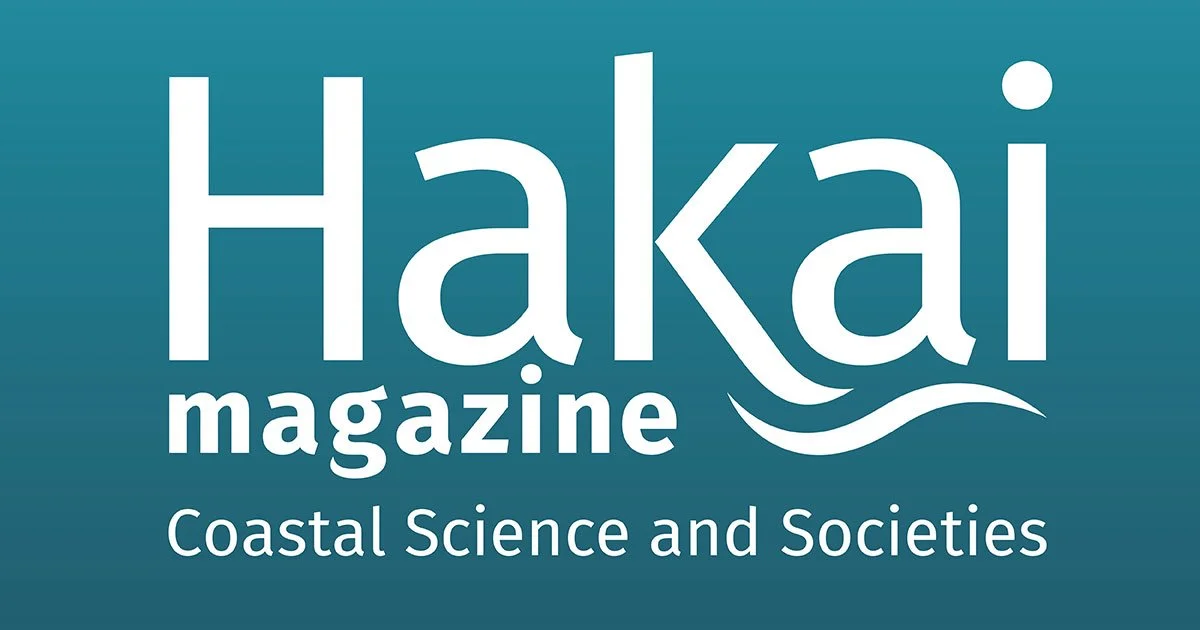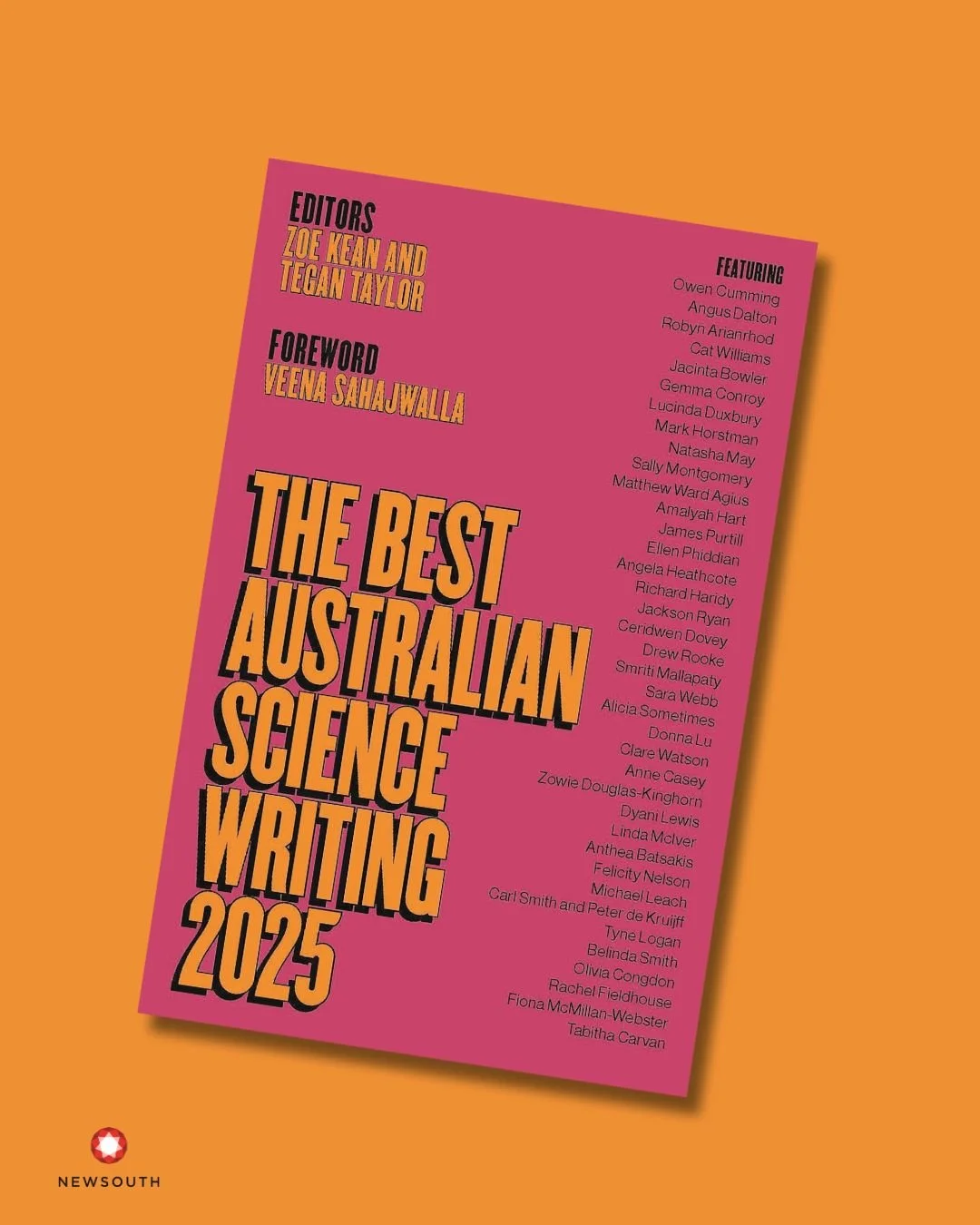Clare is a freelance journalist and fact-checker specialising in science, health, and the environment.
Most recently, Clare spent three months as a journalist-in-residence at the Institute of Science & Technology Austria, where she explored the physics that threads our natural world. Her stories have been featured in the Best Australian Science Writing five years running.
Like all good stories, my career has taken a few twists and turns. I worked in biomedical research labs then traded my pipettes for a pen after a series of close encounters with a dark sky observatory, a turtle conservation project, and an MRI machine. Now, my reporting covers everything from seafood fraud and seaweed carbon to cell skeletons, shipping emissions, and cigarette warning labels.
I’ve reported stories for Undark (republished in TIME and Smithsonian Magazine), The Guardian, Nature, New Scientist, Australian Geographic, Hakai Magazine, C&EN, and more. I also write, fact-check and edit stories for ScienceAlert, helping to enlighten and entertain millions of readers each month with the latest science news.
Writing from Dharawal Country on Australia’s east coast, I’m drawn to stories where science meets the law, influences policy, and impacts communities and everyday life. I also report on science funding, policy, and initiatives changing the way science is done.
In 2024, I joined the Oxford Climate Journalism Network, completing their six-month global training program for journalists covering climate change, run by the Reuters Institute for the Study of Journalism at the University of Oxford. I now write and edit stories with a much broader, systemic view of the factors that influence our health and our planet’s trajectory.
In 2025, I spent three months as a journalist in residence at the Institute of Science & Technology Austria (ISTA), where I explored the fundamental physics that underpins climate models and helps explain biological phenomena in ways we’re only just beginning to appreciate. It led to stories about the weirdest material inside animal cells, riding electric cargo bikes with kids, what sparks lightning, and the internal lives of clouds.
Through it all, my work is shaped by people’s lived experiences and grounded in my experience learning from and working with people and families involved in clinical trials and medical research.
Awards
Best Australian Science Writing 2021 — 2025
Winner, 2024 Universities Australia Award for Excellence in University Research Reporting, for ‘Bacteria vs virus: the battle to defeat dengue’, published in Cosmos Magazine.
Finalist, 2022 UNSW Press Bragg Prize for Science Writing, for ‘Rise of the preprint: how rapid data sharing during COVID-19 has changed science forever’, published in Nature Medicine.
Finalist, 2022 UK Medical Journalists Association’s Feature of the Year (Specialist Audience), for ‘Rise of the preprint: how rapid data sharing during COVID-19 has changed science forever’, published in Nature Medicine.
Professional affiliations:
Science Journalists Association of Australia, 2020 — present
Committee member, 2023 — 2024
Professional guidelines That I follow:
MIT Knight Science Journalism Science Editing Handbook
Sydney Morning Herald Guidelines for reporting medical research
Cancer Institute of NSW Writing about cancer guidelines
Croakey Health Media Talking Terminology for Aboriginal and Torres Strait Islander peoples
















